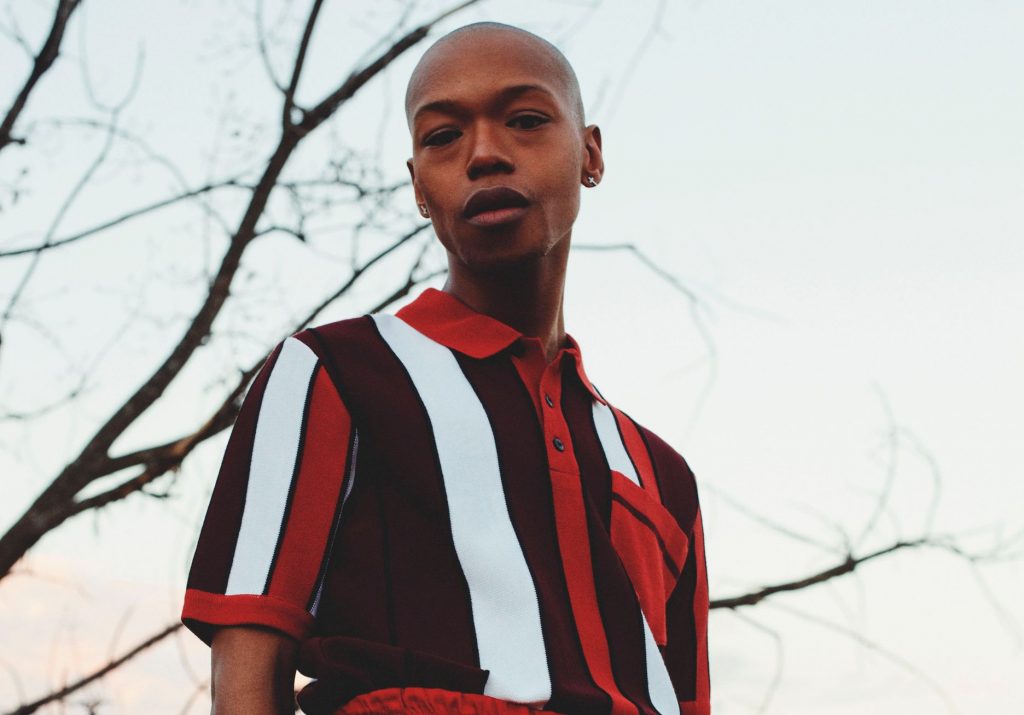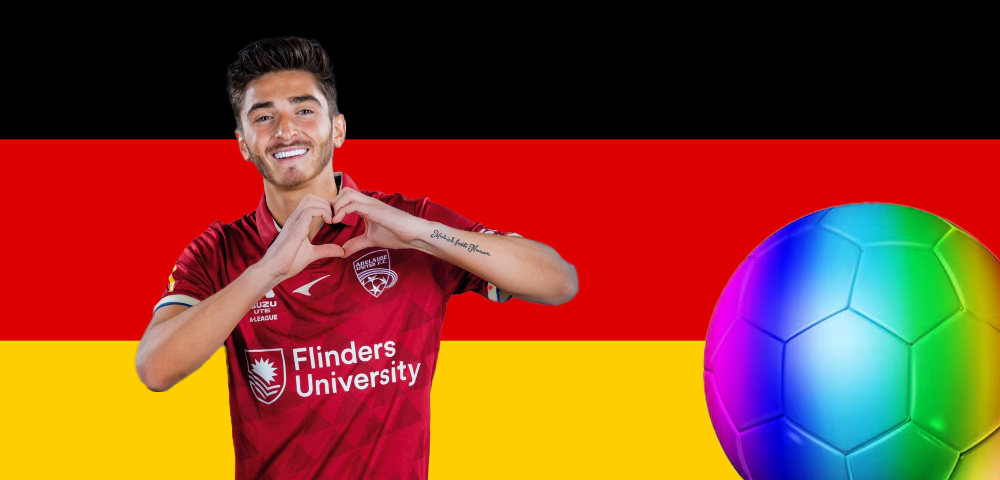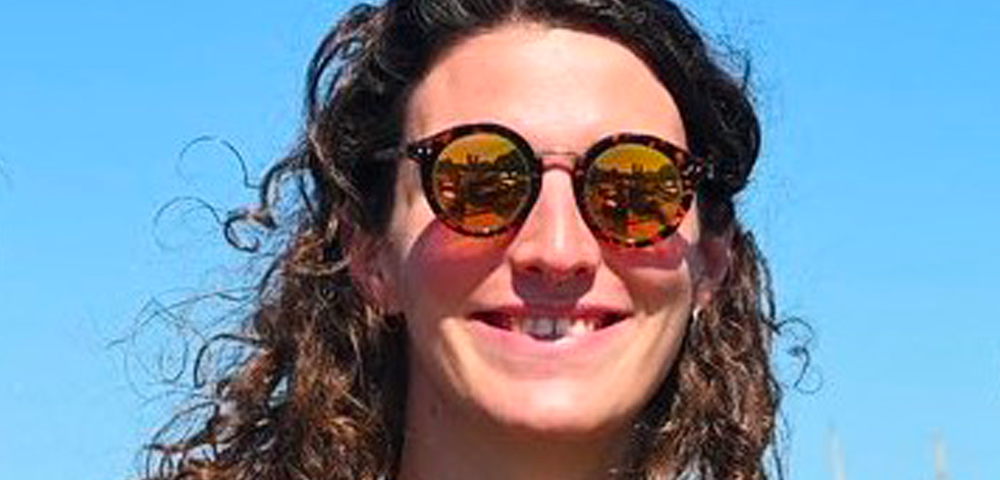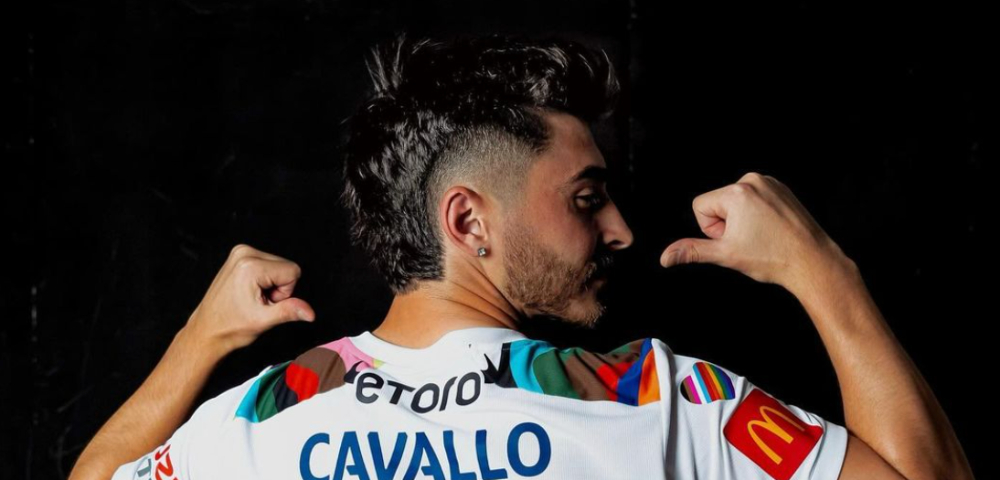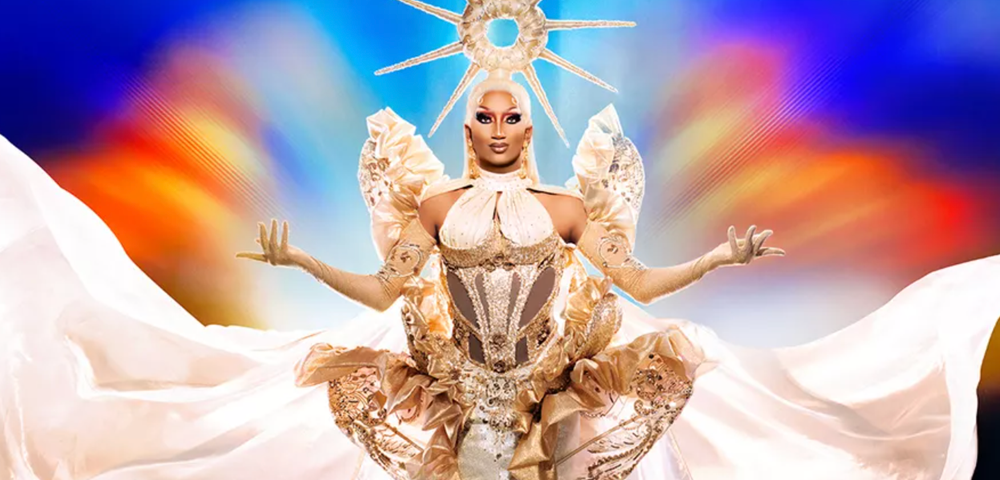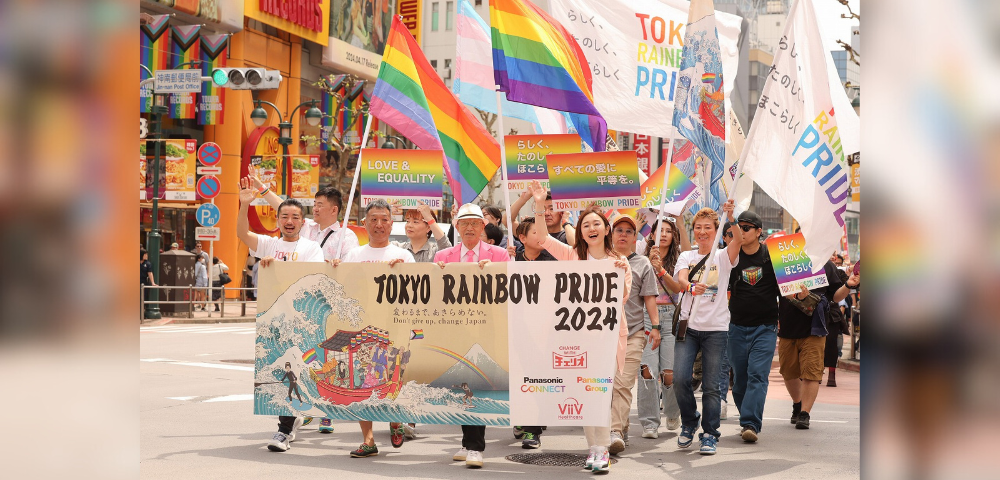
‘Queer people are allowed to exist – but only if they’re of a certain stock’: The Wound star Nakhane
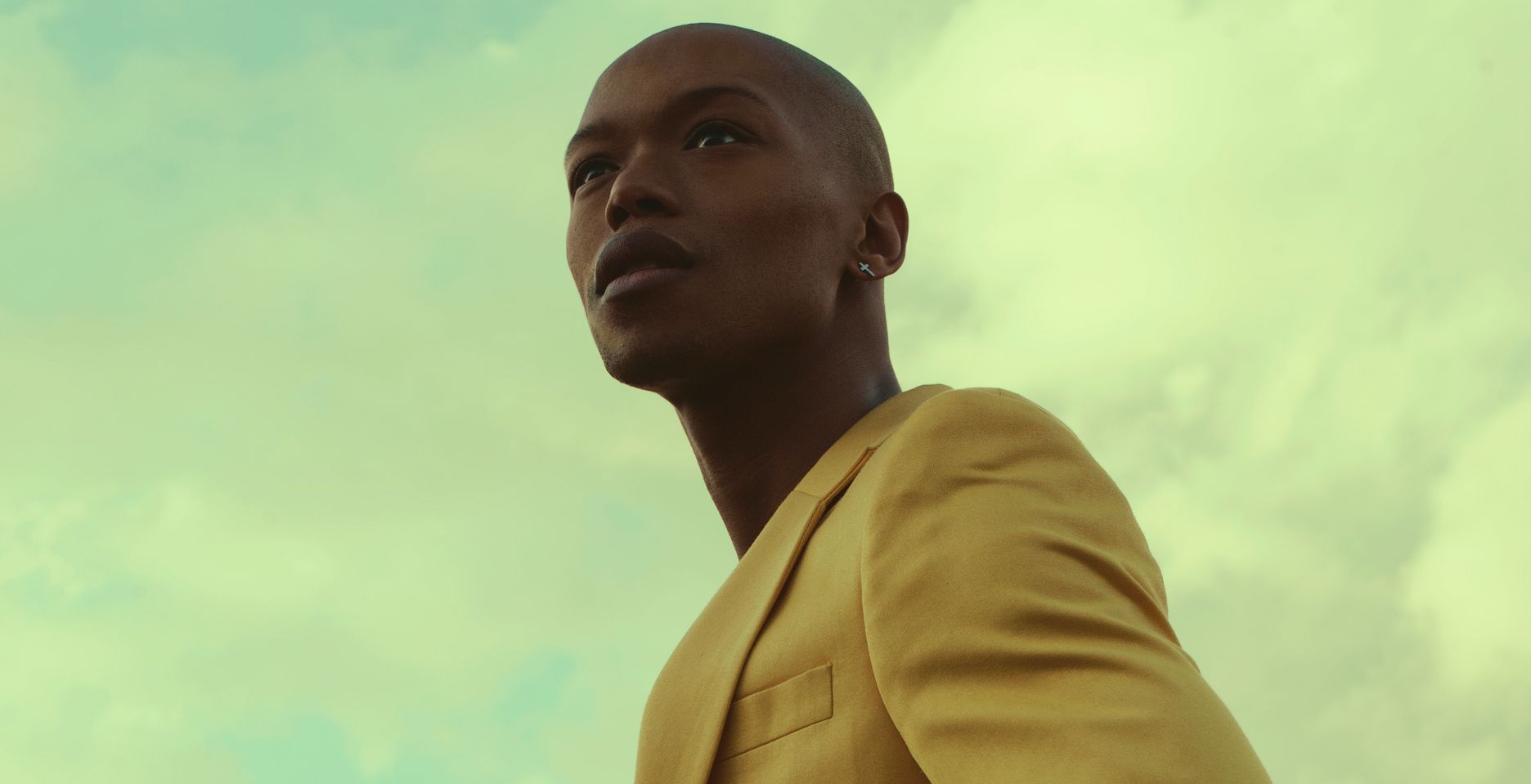
South African-born musician and actor Nakhane broke out last year in The Wound. Matthew Wade spoke with him about the film’s backlash, cultural misconceptions, and touring Australia.
***
No more than one day after the John Trengove-directed film The Wound was released in South Africa, it was pulled from theatres across the country, and several cast members received death threats.
The film – which explores a repressed queer relationship formed against the backdrop of a Xhosa initiation ceremony – was accused of being culturally insensitive by portraying secret rituals.
The Film and Publication Board’s Appeal Tribunal reclassified the film with an X18 rating, citing the need to “protect children from exposure to disturbing and harmful material”.
In Australia, where the Classification Board has previously been accused of handing down homophobic classification decisions, The Wound was rated MA15+.
Nakhane, who plays the film’s lead character Xolani, says the volume and extremity of the backlash surprised him the most.
“We knew the film would be controversial, but we weren’t ready for how wide-reaching that controversy would be,” he says.
“I’m not the kind of person who’s very good in a moment of combat, but I was ready to fight for the film, and the people it represented.
“I wasn’t interested in those who blindly hated it but I did want to defend the film because it was important – and a lot of people exposed themselves as being homophobic in the process, which was good for others to see.”
Born in Alice and growing up in the deeply religious Port Elizabeth in South Africa, Nakhane struggled with his sexuality, and says it’s difficult to explain the climate over there when it comes to queer people.
He says people are often both homophobic and queer friendly by the same token.
“People are allowed to express themselves which is the same in most cultures, and queer people are allowed to exist – but only as long as they’re of a certain stock,” he says.
“As soon as they want more rights, that’s when problems occur.
“If [a gay person in South Africa] is on a television show and is fun and sassy, that’s okay, they’re entertainment for the community. But when they speak out about something more, they’re no benefit to the broader community… they’re not the comedic break, and that’s an issue.
“I never wanted to be anyone’s comedic break.”
Despite this, the now London-based Nakhane believes there’s a common misconception that Western countries are more progressive than their counterparts.
Living in London, he says the homophobia and discrimination hasn’t disappeared, but rather reconfigured in new and different ways.
“Two men not being able to love each other without fear of being victimised or ostracised is a global problem,” he says.
“In fact, South Africa has one of the most liberal constitutions in the world.
“When America legalised same-sex marriage I remember thinking ‘welcome to the party’.”
Nakhane says broad representation in film – beyond cisgender, white men – is a critical way of ensuring younger generations of culturally diverse LGBTI people feel seen and heard.
He’s received many messages since the release of The Wound from younger fans praising him for his honest and moving portrayal of a South African man grappling with his identity.
“I had an emotional evening with my partner one night, because I was saying that sometimes you can feel really negative from all the backlash, but then you get a few incredibly positive messages that make it all worthwhile,” he says.
“I’ve gotten messages from kids in small towns who feel represented, and feel that their stories now matter.”
Since relocating to London, Nakhane has begun creating music, pulling from his experiences in Africa and fusing elements from the clubs of France to the pop structures of London.
He says he has channeled both his pain and newfound joy into his writing, and has recently released his debut album You Will Not Die.
“Music was my first love, and singing was something I always did,” he says.
“I’m inspired by Joni Mitchell, Marvin Gaye, Bjork, and a lot of South African musicians.
“My album is my focus at the moment, and writing new music. I’ll be in Australia for a tour in January.”
For his younger LGBTI fans, Nakhane wants them to not be too hard on themselves.
“We’re all stumbling our way through life because we don’t know what the fuck we’re doing,” he says.
“The things you think are going to destroy you… you look back in ten years time and everything is survivable.
“You can find people who are like-minded, and the older you get the more you realise that’s what it’s all about.”
